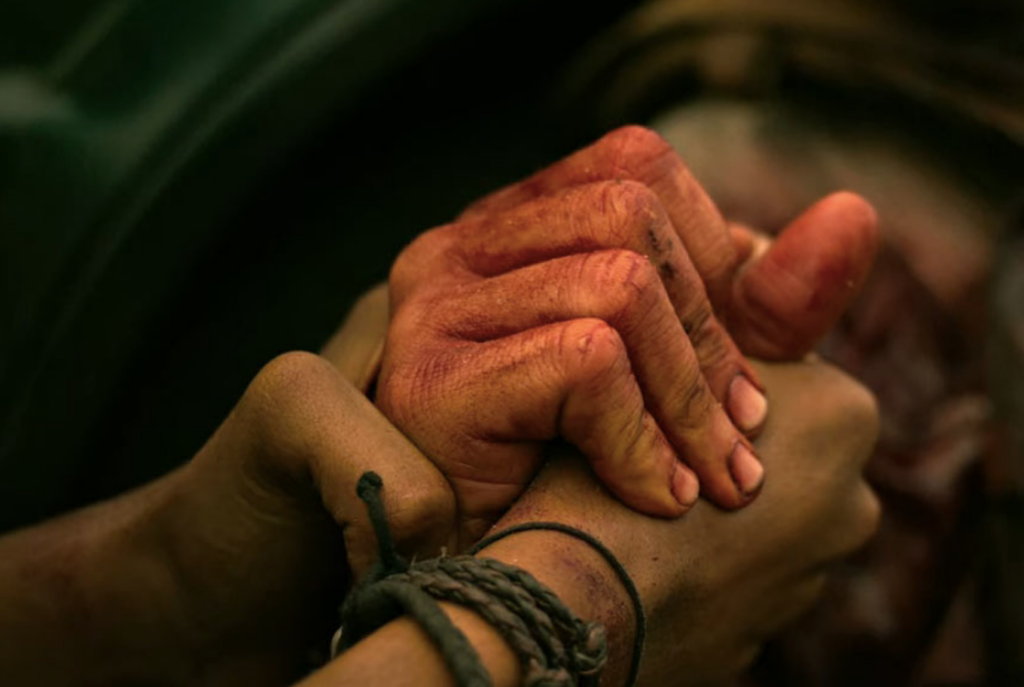
The story-worthy problem is the beating heart of all superlative fiction. Unfortunately, creating this central core can often be overlooked. This is particularly true for writers relying on school training.
English teachers didn’t mind we used twenty-five metaphors on one page because their goal was to teach us how to properly use a metaphor…not how to write successful commercial fiction.
Creating the core problem and then—possibly (depending on genre)—the many overlapping layers and misdirections, is tough mental work.
Story as Structure

Like any structure, a story demands a strong foundation and sturdy frame. Without structure, it’s easy for author (and audience) to become lost.
Without those elements? The story caves in. But, foundations and framing aren’t nearly as fun as picking out paint, furniture, or drapes.
Face it, for most of us, decorating a house is much more fun than building one. This can be the same for stories. Crafting the perfect sentence, poring over descriptions, tinkering with dialogue is fun.
Alas, like our ‘building’ everything has a certain order. The story-worthy problem is critical.
It will be this problem (requiring a satisfactory resolution) that holds the structure together and gives meaning to the existence of all the players on the field (characters).
Lack of a Story-Worthy Problem
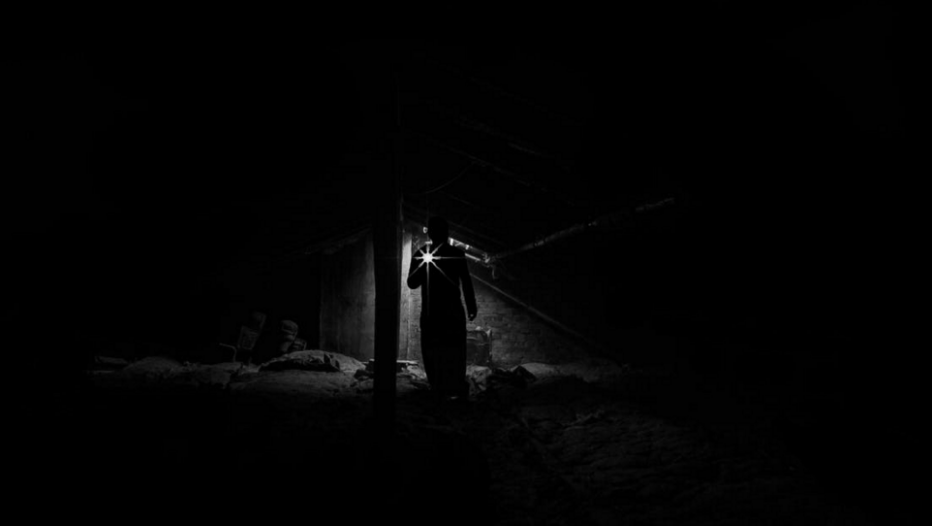
I began this craft series not only for those who want to write at a professional level, but also for those who might find themselves stuck. Writer’s block has often been attributed to laziness, but I don’t wholly agree.
I believe—for those stuck—your subconscious begins by pumping the brakes. This is the warning something is missing.
You start off writing and the word count soars. Usually this lasts about 10,000 words. Then, your pace steadily slows. Finally, around the 25,000 to 32,000 word mark everything begins to collapse.
By this point, it can feel you’re trying to drag a boulder through a swamp.
My opinion? This is your subconscious now slamming the brakes. Something is missing. What?
The reason for the story.
Finally? You set your hard work aside, frustrated. This is why most writers keep going back and reworking the beginning, which makes sense. It was the only time the words came easily.
We long to revisit that carefree flow. Description is easier.
Why Are We All Here?

The story-worthy problem is why we’re all here. It’s the sole reason for the MC (main character) to even exist. The story-worthy problem is the sole reason for any and all characters to exist.
Without that core problem, everything is fluff and window-dressing.
Notice I keep using the term ‘story-worthy’ problem. Not all problems are created equal.
We have to ask, ‘Why are we here?’ ‘What is the point?’ ‘Why would an audience CARE?’
We live in a world with innumerable other distractions and ways to be entertained. This said, WHY would a reader choose to dedicate 10-15 hours (average time to read a novel) to your book?
Frequently, when I edit, the lack of the core problem is the single largest reason writers either can’t seem to finish. Or, if they do finish, sales are lackluster.
They’ve not defined that compelling reason an audience would choose reading over social media, video games, or another episode of The Bachelor.
Audiences MUST CARE

I know this seems simple. But guess what? A basic soufflé is very simple, yet one of the most challenging dishes to successfully create. Simple doesn’t mean easy.
Compelling story problems actually begin very simple. How much is then layered onto this is a matter of genre and taste. Yet, the problem is the hook.
Even a work as soaring as Game of Thrones has a simple goal—secure The Iron Throne, stabilize the realms before winter arrives. Granted, this ‘simple’ story-worthy problem evolves into a vastly complex web of lies, betrayal, and intrigue.
But, the core goal is simple—secure The World’s Most Uncomfortable Chair.
Elementary, My Dear Watson…
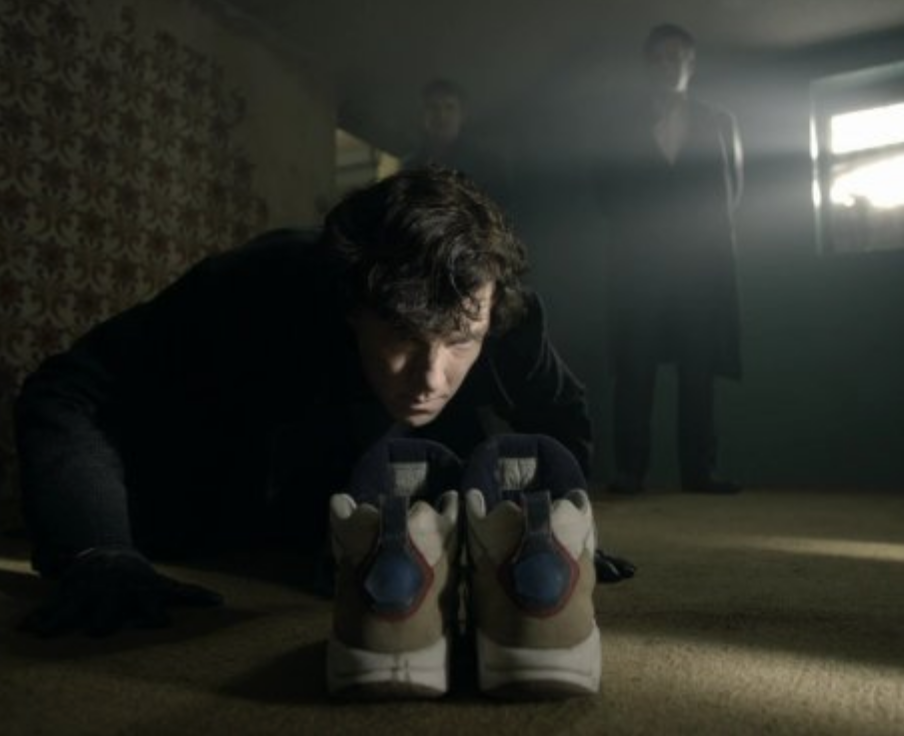
In a mystery, the story-worthy problem is frequently the crime. It might be a murder, a burglary, a forgery, a stolen identity, whatever. The point of the mystery is to solve the crime and deliver justice.
During quarantine, I’ve been watching the fabulous and binge-worthy BBC Sherlock series. I’ve simultaneously been inhaling The Complete Sherlock Holmes. Sherlock is presented with a case and how do we know the story has ended?
The great detective has not only solved the case and identified the what, how, where, and who, but the perpetrator is exposed and apprehended.
That is the point of a mystery. Same can be said for detective and crime novels (eg. Harry Bosch series).
Genre & the Story-Worthy Problem

Genre acts as a useful guide to answering WHY we (the audience) are there. Thrillers usually involve beginning with an initial taste of the far larger plan the MC needs to stop.
In thrillers, there are BIG consequences (e.g. stopping a terrorist attack on The Palace of Westminster). Say a seemingly random bombing in the tube is anything but.
This initial act ignites the story-worthy problem. It’s no random bombing, rather a race against time to stop the larger and TRUE goal…a much larger bomb attack when the House of Lords and House of Commons meet to pass a certain piece of legislation.
Story-Worthy Problems: Thriller or Suspense?

Suspense differs in that the consequences are more personal. Many serial killer books are a good example. For instance, Red Dragon follows Thomas Harris’s hero Will Graham who nearly died apprehending Hannibal Lecter.
In Red Dragon, however, Graham is on the trail of a killer known as The Tooth Fairy who’s infamous for wiping out entire families indiscriminately (or so they believe).
Graham’s goal is to figure out the pattern that will reveal the identity of the killer and then stop him.
But, notice the difference between thrillers and suspense. The collateral damage differs in scope and scale.
Save future families from extermination (suspense) versus a plot to implode the Western political system (thriller).
For more on details on genre (and the many variations), I recommend my older posts Fizzle or Sizzle? How Genre is Fundamental for Story Success and Choosing a Genre: Anatomy of a Best-Selling Story.
What’s Missing?

Why am I talking about the story-worthy problem? First it follows as a natural progression from our initial discussions of The Big Boss Troublemaker.
The core problem can be simple for a short story as well as for a sweeping and layered space opera. The only difference is in plot and how much is layered on top of that strong core problem.
The Story-Worthy Problem MUST Exist

Sadly, as an editor, what I see too often is writers believe they have a novel, when in truth, they have 80,000 words of ‘bad things happening.’
Me: What is your story about?
Writer: My main character wants to find out about her past.
Me: Why?
Writer: Because she does.
Me: Why? What happens if she fails? What is so important about her finding out about her past?
Writer: *blank stare*
Most audiences aren’t interested in the literary equivalent of watching over the shoulder of a stranger reconstructing a family tree for no purpose other than ‘to know.‘
This isn’t a story-worthy problem.
Yet, this is a ‘story’ I’ve been presented with more times than I care to count. But look at what’s missing. There are no stakes, no burning reasons to learn about this character’s past that can engage an audience.
It’s like being trapped on an airplane with the passenger next to you relaying her nasty divorce. Not only do we not care…we probably would resort to feigning air sickness to escape.
But with some minor changes, it’s EASY to change this ‘bad situation’ and ‘non-story’ into something interesting. We add in the story-worthy problem…the WHY.
Everything is in THE WHY

The WHY influences the stakes, the ‘what will happen if the MC fails.’ So our MC wants to find out about her past. WHY?
What if she discovers she is adopted right after becoming newly married? Shocking enough, but then, during a routine medical exam, she finds out she has a very rare disease even the best specialists can’t figure out.
They only can surmise it’s a congenital illness and fatal. If she can find her birth parents, she might find the cure.
But, to make matters worse (raising the stakes) the same routine examination reveals she’s pregnant. Now her life isn’t the only one on the line.
She (and the physicians) don’t know how much longer she’ll be able to carry the baby without terrible consequences.
Now, it is a matter of life and death to find out about her past if she hopes to live, if she hopes to save her child. The stakes are about as high as they can get.
Additionally, the clock is very much ticking because her health is failing and two lives are on the line. Or, if you’re feeling froggy, raise the stakes and on the second sonogram she realizes it’s TWINS! 😉
WHY Impacts & Guides Genre

My made-up example above can easily become a suspense.
When our imaginary MC begins looking into her past, someone tries to burn down her house. Her new husband is attacked. On and on.
The reason she was put up for adoption was to keep her safe. She was the daughter of a powerful and dangerous mob boss/drug lord/sadist of your choice. The irony is she must search out the person thought likely to kill her for the very key to her survival.
NOW we have a story-worthy problem.
Add in that it maybe isn’t a disease, it’s magic manifesting in her and now we have Urban Fantasy.
What I am hoping to make clear is the WHY inexorably leads us to a far more fascinating journey than ‘she wants to find out about her past and who she is.’
A ‘Simple’ Story-Worthy Problem

This next section is a spoiler alert if you haven’t seen the movie. Usually, I try to use movies that were also books and that followed closely to the books. That is a hard task.
Don’t always have this luxury.
I tend to shy away from action films, not only because the gun scenes and fight choreography are enough to give me apoplexy most of the time, but so many lack enough meat to the story I grow bored within fifteen minutes or less.
***If I am not screaming at the screen about magazine changes.
Action films devolve usually into mostly shooting, fighting, car chases and explosions….wash, rinse, repeat.
Yet, recently, I watched a fantastic Netflix-produced action film Extraction, starring Chris Hemsworth, Rudhraksh Jaiswal, Randeep Hooda.
This is the premise:
A hardened mercenary’s mission becomes a soul-searching race to survive when he’s sent into Bangladesh to rescue a drug lord’s kidnapped son.
If you’ve followed this blog long enough, I often lecture that ‘surviving’ is not an active goal. Be careful using this as a plot.
But the Netflix log-line might be a tad misleading. While this is an action film that rivals John Wick in fight choreography, in my POV, there is a VERY deep story to this that might not be obvious.
The ‘Not So Simple‘ Story-Worthy Problem

The biggest drug lord in Bangladesh (Amir) kidnaps the biggest drug lord in India’s son as a way to shame his rival. The one drug lord, Amir, knows Ovi Mahajan Sr. is imprisoned and his assets frozen.
When Amir kidnaps Ovi Jr. right from under Saju—the father’s head of security—Amir does this to humiliate his competition. He knows Ovi Sr. cannot afford the ransom nor afford to send anyone in to get back his son.
Ovi Sr. is therefore imprisoned and seemingly impotent with only the knowledge of the horrible fate of his son to think about.
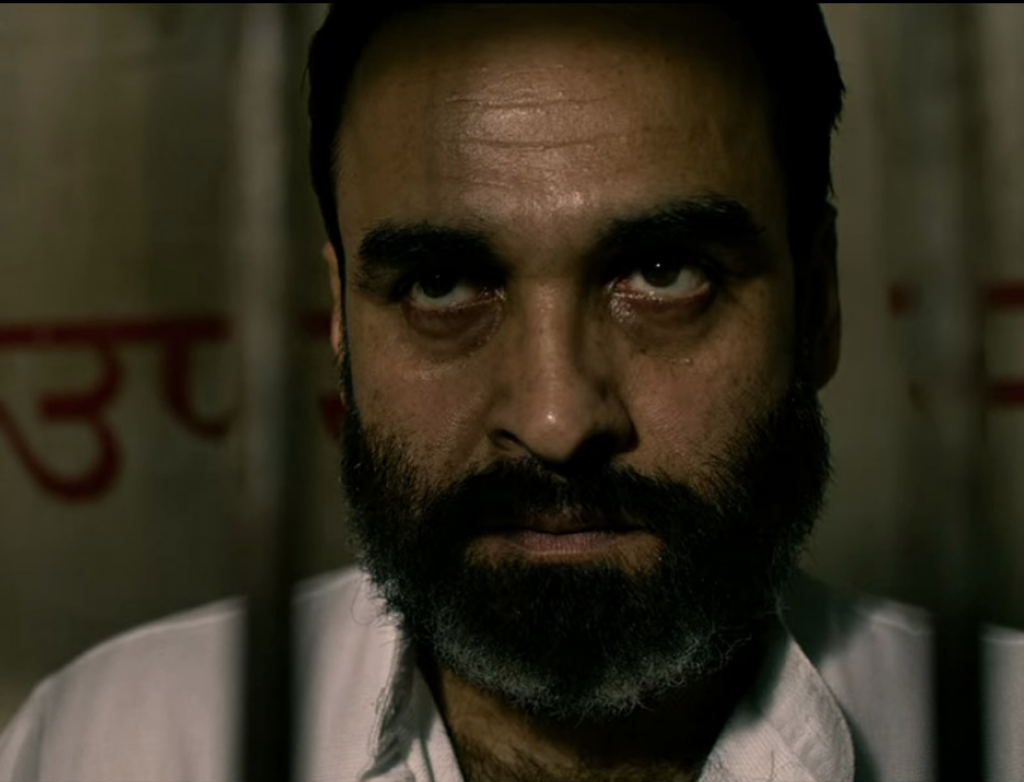
Enter in our mercenary hero, Tyler Rake. This is clearly a man battling personal demons with an obvious death wish. Why? We don’t yet know.
It’s clear he carries a guilt he can’t deal with other than by immersing himself in painkillers, booze or wet work.
In fact, the entire reason he takes the job is it is, for all intents and purposes…a suicide mission. But, the private firm he works for believes they’ve landed ‘a whale’ (code for a client willing to pay millions).
Tyler goes in with the team and the extraction initially goes off without a hitch.
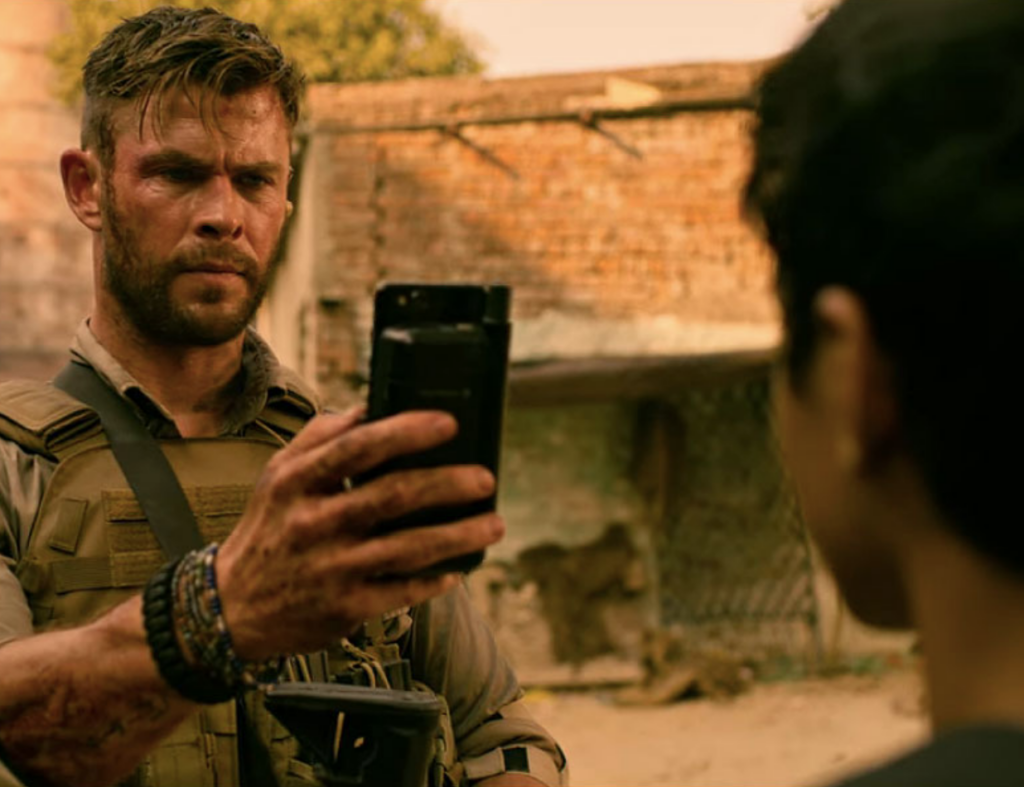
But then the money never comes through.
They’ve been played.
Saju, the head of security who lost the boy, used the team to lead him to the boy and plans to steal him away and deliver him safely home himself (to save his own son from the drug lord’s threats against HIS family).
Now Tyler is waging a multi-front battle (with no money to show for his pain). Every authority in Dhaka is in Amir’s pocket and the city locked down.
Saju is former special operations and hunting him. The city is a deadly labyrinth teeming with child gangs and informants ready spring on them at any time.
Tyler’s company orders him to leave the boy. It would be easy for him to slip out of the city and live. THIS is the critical turning point.
Story-Worthy Problem? A Shadow

In a rare moment of respite, Tyler bonds with the boy who opens up about what it is like to be the son of a man like Ovi Muhajan Sr. In doing this, he coaxes out the ghosts inside of Tyler.
Tyler’s son died of lymphoma at age six and he wasn’t there. He wasn’t there when his son died. His shame? He volunteered to be away because he was too much of a coward to watch his only son die.
Despite back-stabbing, treachery, and the instinct to survive telling Tyler that his best course is to leave Ovi Jr. and look out for himself, he can’t do it.
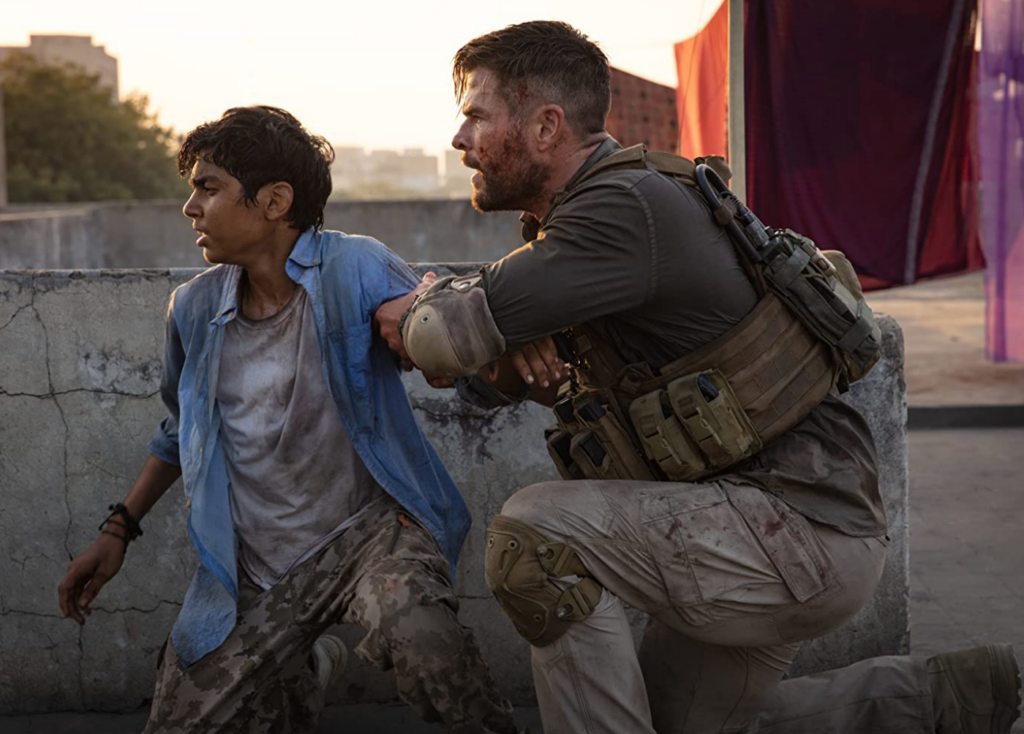
Until this point, his life or death had no meaning. BUT, in this final act…he can face his shame and be brave for one boy when he couldn’t be brave for his own.
Yes, it is a shoot-em up movie. Some might think there was little plot. But I actually saw a very rich depth to the story. It was a story of one man stepping off the road to perdition and choosing the path to redemption.
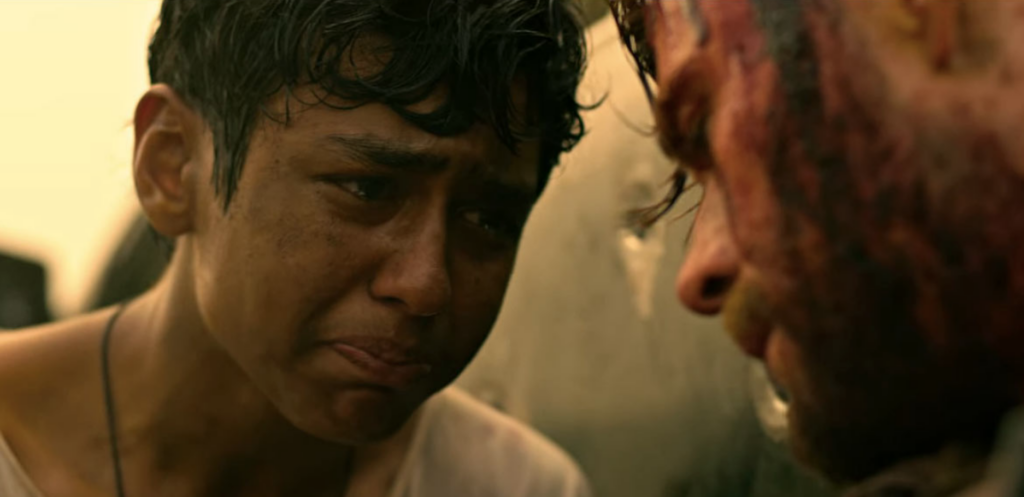
Yes, Tyler’s job? Save a notorious drug lord’s son, but fate had other plans. Saving the boy translated into his own salvation…a twist he could never have foreseen.
Ovi Jr. couldn’t help how his drug lord father failed him any more than Tyler’s son could help how his mercenary father wasn’t there when he was needed them most.
Tyler sees in Ovi Jr. a chance the boy might one day be different than his father. I believe the kidnapping changed both Tyler and Ovi Muhajan Jr.
Story-Worthy Problem? Shame
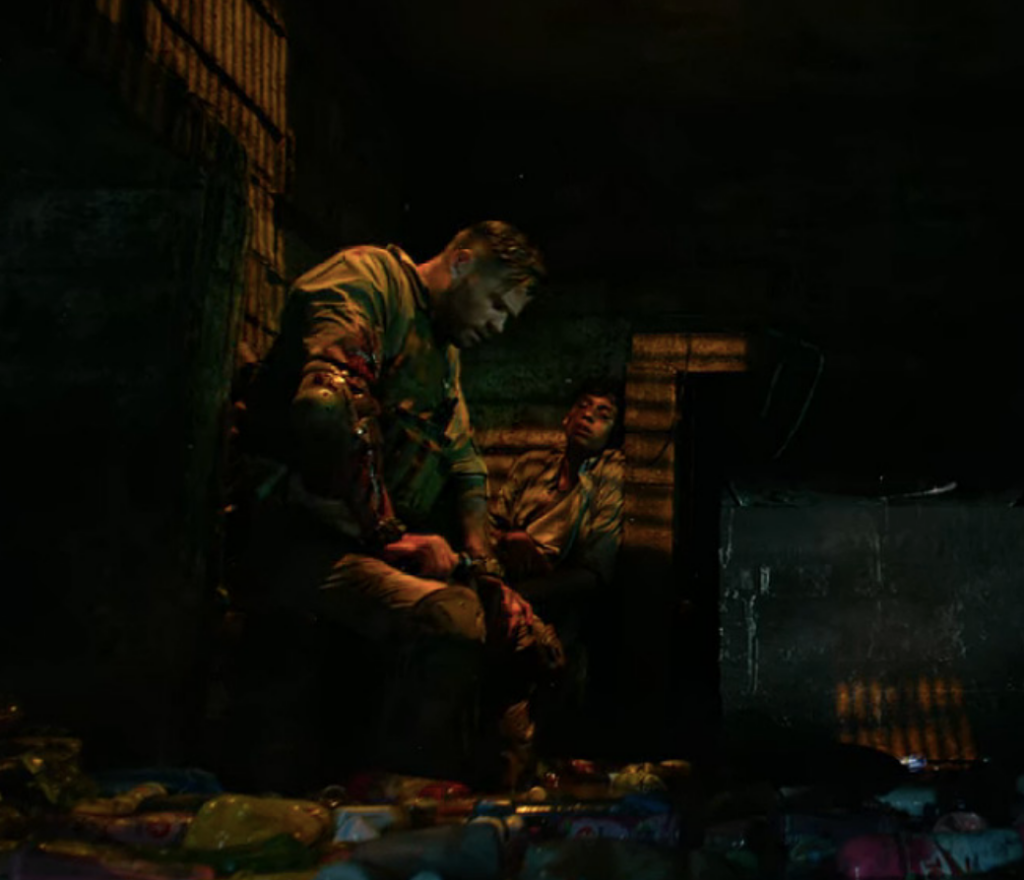
Story-worthy problems usually include story-worthy shame. I’ve blogged before on the power of shame.
I feel, when the screenwriters added in this thread of shame turned sacrifice? It elevated the entire movie from what might have otherwise been just another BANG BANG BOOM movie.
Simple…but far from simple. Ultimately, VERY intriguing a fascinating story-worthy problem.
I included the trailer (below) because I feel it’s a very good movie to study. Perhaps my ‘spoiler alerts’ might make you watch the movie with different eyes.
In the end, though, I get it’s not everyone’s taste. BUT if an action movie—a genre notorious for almost zero story and the emotional depth of a puddle—can make me think this much? I believe Netflix did a stellar job.
Some Lockdown Love
Speaking of the story-worthy problem. We are all living in some strange times, indeed. I haven’t merely been watching shoot-em up movies.
I’ve also been doing an incredible amount of studying so as to bring YOU GUYS—my fave peeps in the world—new and fresh classes.
Now that I’ve finally stopped coughing up a lung (or both) #FunWithCOVID…or not. I had to stop teaching for a while since it has been a LONG road and unpredictable road to feeling healthy again.
In the meantime, I’ve been reading…a LOT. Loads of audio books, paper books, and ebooks.
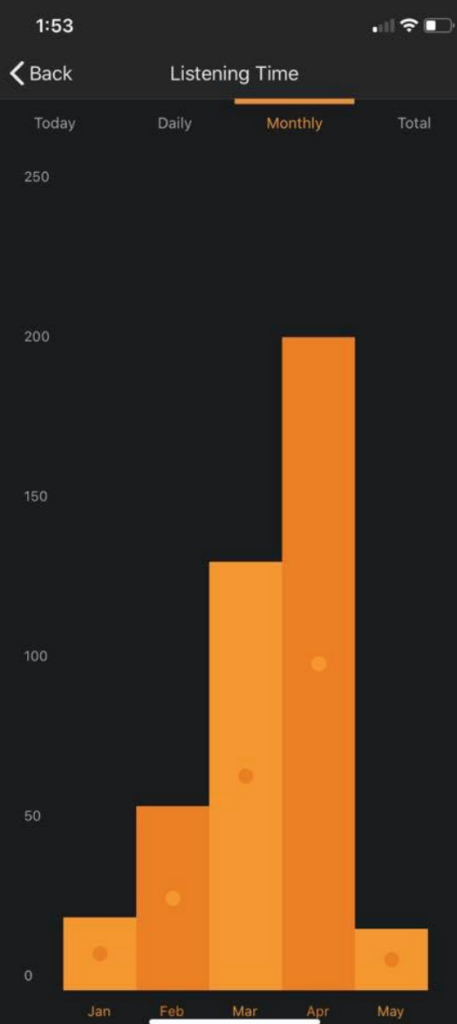
I’m finally finished Sir Arthur Conan Doyle’s The Complete Sherlock Holme’s Heirloom Edition (58+ hours), the history of the Pinkerton Agency. Toss in some H.P. Lovecraft, Clive Barker’s Imajica (*groans*) and almost every book by Anthony Horowitz and we have a fair fruit salad of fiction there.
Puzzles are my passion. What could make a better story-worthy problem than murder or crime? But that’s me.
But I hope this blog has helped y’all understand the difference between a simple bad situation and the vastly different creature…the story-worthy problem. It may only be a simple tweaking, but the devil IS in the details.
Speaking of devils. As promised, I have three new classes and three ON DEMAND CLASSES I’m listing below.
Two commenters from the previous blogs get a free ON DEMAND class. I am also—inspired by my feverish readings—offering a SUPER brand new class…The Unreliable Narrator: Turning the Reader’s World Upside Down.
My apologies for the delays in blogs. Between trying to regain my strength, after having COVID-19, was late in the game filing taxes. Alas, life has been FUN…not. But…I…am…*gasps*…still…here. Taxes FILED! *happy dance*
I Love Hearing From You!
Does the idea of ‘bad things happening’ as opposed to a centralized CORE story-worthy problem make more sense now? If not, more blogs to come. Also, as promised, I’ve loaded a few remaining On Demand classes we’d not deleted from the server before I fell ill.
I’d expected to start teaching right away after the new year, but the relentless cough and wanting to DIE kind of got in the way of that.
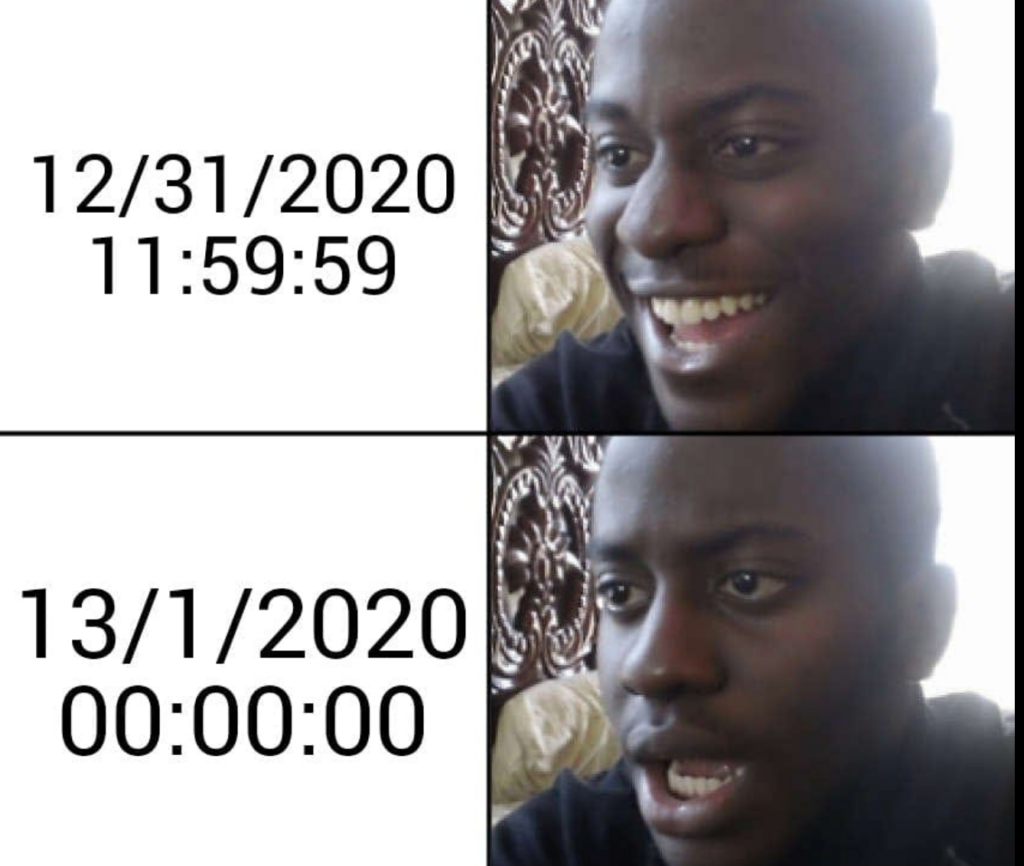
But we’re getting BACK on schedule with some more Bad Lamb Goodness…or would that be Baaahhdness?
*bada bump snare*
For those who participated in my comments contest, I have not forgotten you….
Winner #1 Roger L Nay
Winner #2 Ruth Molenaar
See? Participation pays off! Just email me at kristen at wana intl dot com. Scroll down and let me know which On Demand Class interests you and it’s yours!
I’ll have some more new classes soon, but for now….
Trouble with Story-Worth Problems? NEW CLASSES to HELP!
There and Back Again: From Good Idea to Successful Novel
Class is May 26th, 2020 from 7:00-9:00 P.M. and a recording (as always) is provided with class purchase. Price is $50 but use lockdown15 for $15 off.
The Unreliable Narrator: Turning the Reader’s World Upside Down
Class is June 4, 2020 from 7:00-9-00 P.M. and a recording (as always) is provided with class purchase. Price of the class is $50 but use lockdown15 for $15 off.
For those who want BOTH classes PLUS a BONUS class as well as an EXCLUSIVE and PRIVATE workshop? I offer you…
The Deep Dive Bundle: Two Classes & EXCLUSIVE Log-Line Workshop
Almost nine hours of training! This also includes working one-on-one in a private workshop with moi! Workshop ONLY available to bundle participants. No discount codes because the discount built into the pricing. Recordings included.
Can’t wait to see y’all in class!
On Demand Classes
Ah, very few remaining On Demand classes we’ve not yet purged from the servers so take advantage while they remain.
On Demand: Dark Arts, Building Your Villain
$50 but use lockdown15 for $15 off ($35)
The Edge: How to Write Mystery, Suspense, & Thriller
$50 and use lockdown15 for $15 off ($35)
Tick Tock: How to Write a Mystery Suspense Series
$50 and use lockdown15 for $15 off ($35)








12 comments
3 pings
Skip to comment form
I should send this post to the flooring company that has been advertising recently in our area, that the flooring itself is the foundation of a house! They need to know! (I don’t think tile and linoleum can really pull it off.) 😉
First, sorry Covid knocked you for a loop. Next, I dang near fell out of my chair when I saw my name listed as a blog comment winner. I assume the last three listed under, On Demand Classes, are the choices. Extraction turned out to be a better movie than I expected. My wife wanted see it for Hemsworth and to inflict extensive damage to my ego. Finally, are you doing critiques during your convalescence? Or is reading non professional prose too painful at this time.
Author
Yes the OnDemand classes are the prize. If you don’t see one you want, wait and I will be listing more. I just needed time and energy to harvest the remaining classes off the server. Email me and tell me if there is anything in particular you need and I will see what I can do.
Author
And Extraction was EPIC. I watched it twice not only for the story but the fight choreography and the superlative gun techniques.
As a Texan, I’m sure you know something about guns. At least you didn’t have to yell at screen when ex-soldiers refer to magazines as a clips and said magazines hold endless rounds. I will give some thought to an OnDemand class and email you soon. It seems like I read you live in the Metroplex or someplace west? I’m in Denton.
Another great post, Kristen. I’ve needed to have this driven home more than once. (How can anyone forget this stuff?) So very sorry you had to go through Covid-19 (understatement). And relieved and glad that you’re coming through it. We’ve missed you. Not a complaint, a concern. Keep taking good care of yourself, you hear? We can always wait for your next installment. Sending cyber hugs and love.
Glad you’re feeling better, Kristen. I think your last image of the man happy to see 2020 depart, just to watch it come back again, really does capture this year in a nutshell. Even outside of COVID, this year is the absolute worse. The one good thing about it is that I found Affinity Publisher, a layout program that competes with Adobe InDesign while drastically undercutting the cost (by keeping it cheap and not making it subscription based). Now I can make well-formatted paperbacks. I also discovered that Google Play is taking indie authors again without a steep barrier of entry, so that’s nice. BUT OTHER THAN THAT…
2020 = The Worst.
So, now for two comments and a question:
Comment #1: Your illustration about the character discovering she’s adopted is a great example for me because one of my current coming-of-age novellas that I’m tempted to convert into a suspense novel (with the current story slated to become the secondary story that ties directly into the new main story–don’t worry, I have a plan) is about a kid discovering he might be adopted just as he’s leaving for college. The story problem for him is that he finds out about it in his sister’s autobiography (she’s a well-known fantasy author), and because it’s an autobiography, it has to be true . . . unless she’s lying to her readers. His quest is to find out if he’s adopted (biology issues) or if he’s being lied to (trust issues), and in the process unearths a secret that he never expected to find. My plan, if I ever convert it into a longer-form suspense novel (from its existing coming-of-age comedy genre) is to leverage this secret as the motivation for the crime that a new law enforcer protagonist will have to uncover. So, I thought this was a relevant example for me. Thanks. I have no idea when I’ll tackle it. Or if.
Comment #2: Now I have to watch [i]Extraction[/i]. Thanks a lot. :p But if I can make the time to binge [i]Tiger King[/i], I’m sure I can make time for a movie.
Question: When you record new classes, do you revisit topics from earlier presentations with new content? Or do you usually focus on new topics. I really liked the class I watched over Christmas break (the female hero + weapons o’plenty class), and at some point when my budget is a little looser, I’d like to catch up on a topic or two that I’ve missed. So, just wondering if it’s better to break the budget a little and get an existing class or wait for the fresh update sometime in the future (if they’re updated).
Thanks for the post. It was a great reminder to write stories people want to read and not the ones that merely stroke our egos.
Author
There is always some overlap, but I work hard to bring fresh new content to the classes. The ‘Unreliable Narrator Class’ is going to be TOTALLY new because I have never taught it, and I will be using examples I’ve never used in classes. As for the plotting class, it is far more comprehensive in that we are going to go beyond the Aristotelian and into 3-Act, 4-Act, 5-Act, non-linear, and parallel. It might go over the 2 hours, but that is what the recordings are for 🙂 .
With craft, you’re pretty much teaching a lot of the same techniques, but the challenge is to keep it alive, fresh and interesting. It is an excellent and VERY comprehensive class for any author, but especially a beginner.
As for the story you are working on? I would go for the bundle because I fix your story problems in that workshop. The recording of the workshop ONLY goes to the private attendees and is never offered On Demand.
Hooray for the Deep Dive Bundle — I’m in! 🙂
Glad to hear you are mending. I’m considering hosting a tea party with all my personalities…characters. I *think* that’s within the guidelines. But I’m glad to quarantine-at-home. I’m glad I *can*.
Thank you for this post, Kristin! It truly amplifies the importance of having a story-worthy problem (and always asking ourselves the Why? question. By the way, in your post from last October (Why Mastery Should Matter to the Serious Author), you listed a selection of books on the craft for us to read. One of them was “Hooked: Write fiction that grabs readers at the page one and never lets them go” by Les Edgerton. He deep dives into the story-worthy problem (using “Thelma and Louise” as a great example) and includes other essentials every novel needs (inciting incident, anyone?). The book was a real eye-opener. It inspired me to get back to work and fix what needs fixin’. I can’t thank you enough for the recommendation.
Wishing you a speedy recovery from Germany!
Author
Isn’t Les a GEM? Get the rest of his craft books if you can. They are all a fab investment.
I am one of those writers who is such a “blether” that I can normally complete whatever I am writing. It is only when I start to re-read (always with the view in mind “would I enjoy reading this”) that I realize the novel lacks something. I believe that in some cases it is (as you suggest) the story-worthy problem. So this was all good advice for me and I thank you for it.
[…] via Creating a Story-Worthy Problem That Will Captivate an Audience — Kristen Lamb […]
[…] CONTINUE READING HERE […]
[…] Wondering how to start your story? Janet Reid weighs in on opening with action vs. opening with tension, and Kristen Lamb suggests creating a story-worthy problem that will captivate an audience. […]